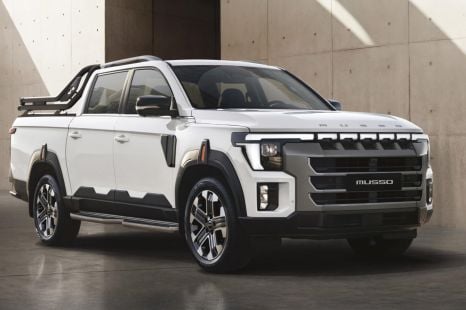

Damion Smy
Boxy new KGM Musso unveiled to take on HiLux and Ranger ahead of Australian launch
13 Hours Ago
Are disc brakes the only way forward? Not if you ask Continental. The German supplier is working to show what drums can do in the electric era.

Contributor
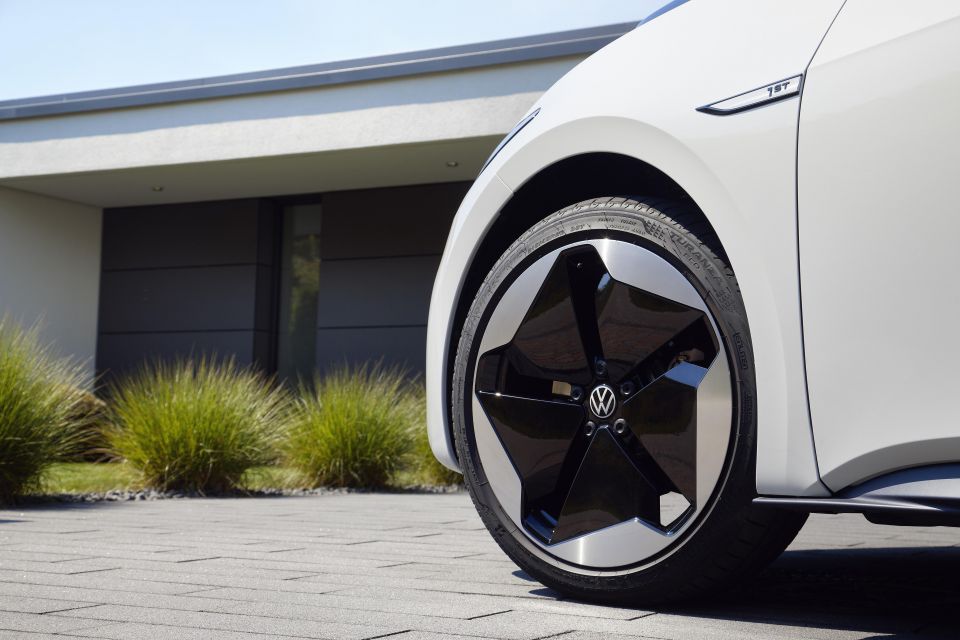

Contributor
Drum brakes are largely the preserve of load-lugging utes in 2021, but the electric car revolution could give them a new lease on life.
Already we’ve seen Volkswagen opt for rear drum brakes on its ID.3 electric hatch and ID.4 electric SUV, and it’s only likely to become more common as carmakers roll out their battery-powered vehicles.
Why? In a petrol-powered car, the brakes do most of the work when you want to slow down, save for a bit of engine braking.
In an electric car, regenerative braking flips the script.
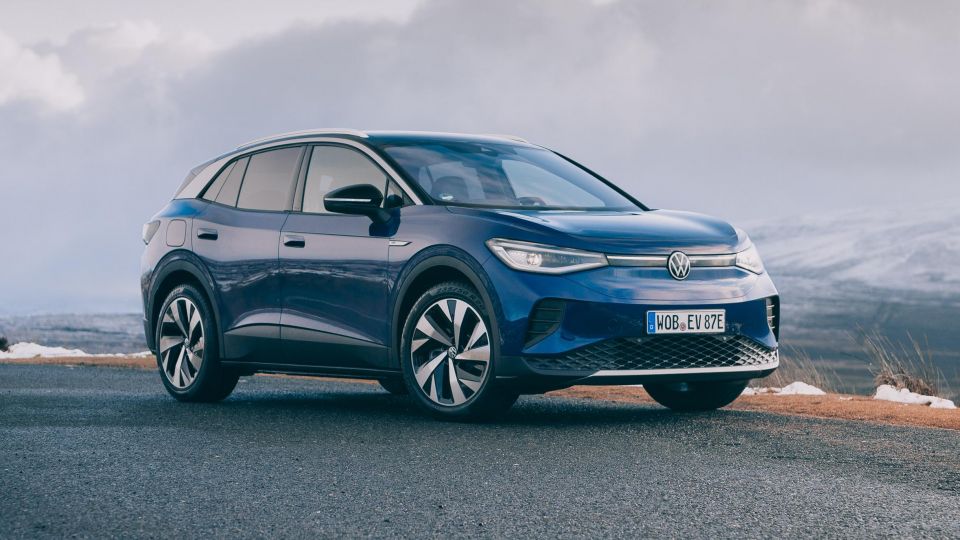
When you lift off the throttle in an electric car, the motors essentially turn into dynamos.
Rather than converting all the energy spent getting up to speed into heat and brake dust, regenerative braking feeds some of it back to the battery to help eke out extra range.
It’s a clever way to go further on a charge, and lets owners do most of their city driving using only one pedal, but it also means the brakes in electric cars need to be engineered differently.
With less heat being put through them less frequently, EV brakes can be smaller and lighter. They need to resist corrosion if they aren’t used for long periods of time, and have to integrate with other vehicle systems in a new way.
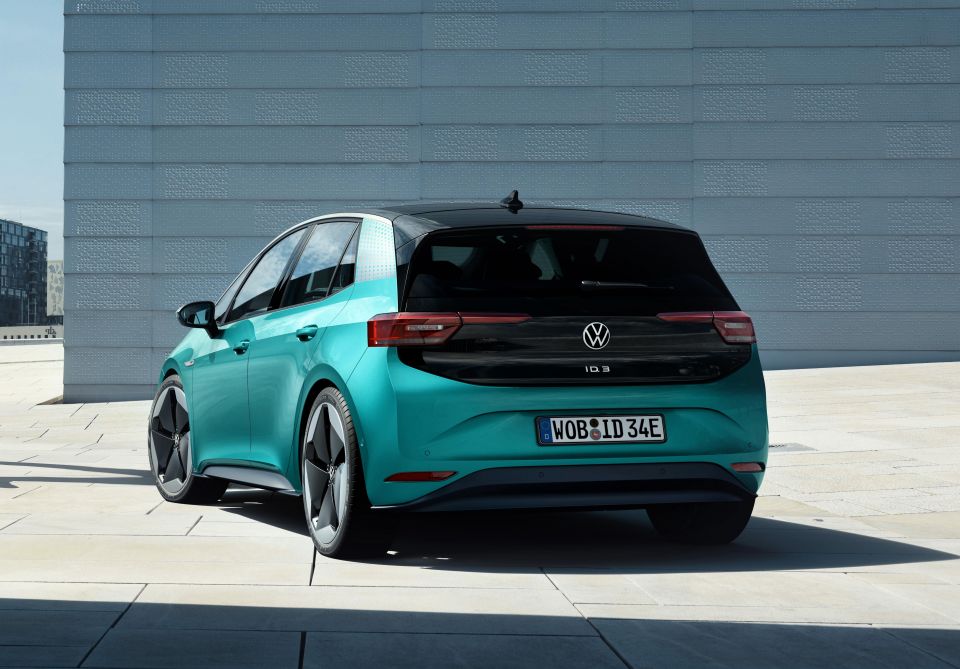
One of the solutions from suppliers such as Continental is drum brakes.
“The drum brake is addressing many of the issues we’re seeing on the market today,” said Jean-Michel Verdier, head of research and development for hydraulic brake systems at Continental.
Drums are lighter than discs, and can be fully enclosed to stop corrosion.
They don’t have the same top-end performance as discs, but front discs and rear drums backed by electric motors have more than enough power for the average family car.
Mr Verdier says carmakers are “right-sizing” the brakes for their electric car, and drums are often the solution.
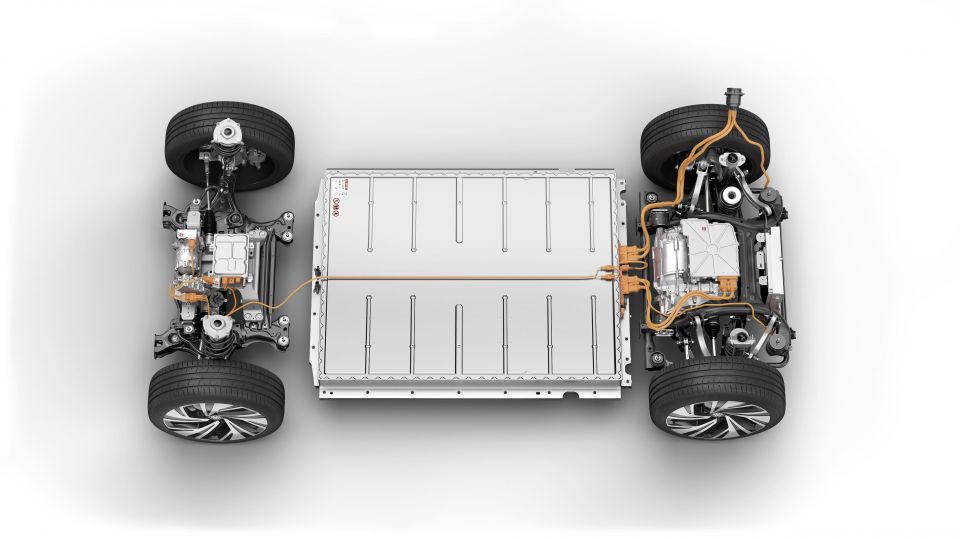
He also pointed to upcoming European regulations governing everything from exhaust gases to particles from brakes and tyres, likely from 2025.
Enclosed drum brakes “address one of the key topics OEMs are facing today”, he said, by emitting less dust into the atmosphere.
Continental is aware of the “perception” drum brakes are inferior to discs, and says it’s “working on it”.
“We are working not only on the communication and the change of perception of the public, but we are also working on enhancing the performance,” Mr Verdier said.
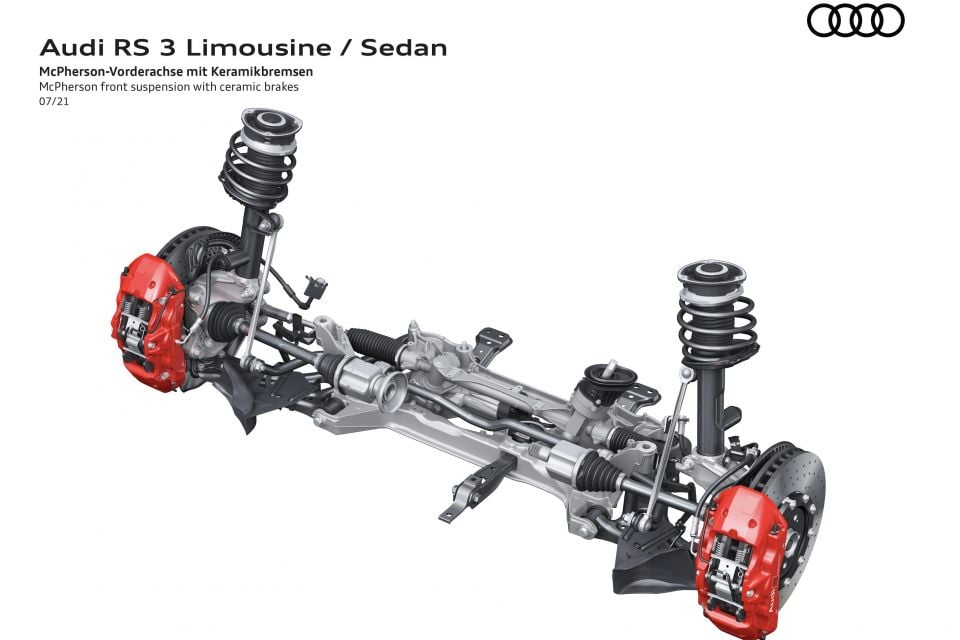
A swing back towards drums is part of a broader strategy that will eventually see Continental delivering ‘dry brakes’ that do away with hydraulic fluid and become fully ‘by-wire’, although it won’t happen overnight.
It also plans to make its braking systems more modular, so carmakers can pick and choose the components that best suit them, and have them communicate with all the other vehicle systems.
Scott Collie is an automotive journalist based in Melbourne, Australia. Scott studied journalism at RMIT University and, after a lifelong obsession with everything automotive, started covering the car industry shortly afterwards. He has a passion for travel, and is an avid Melbourne Demons supporter.


Damion Smy
13 Hours Ago
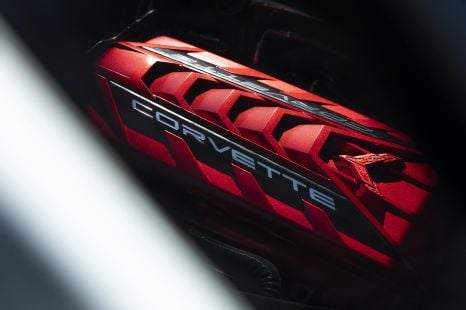

Damion Smy
14 Hours Ago
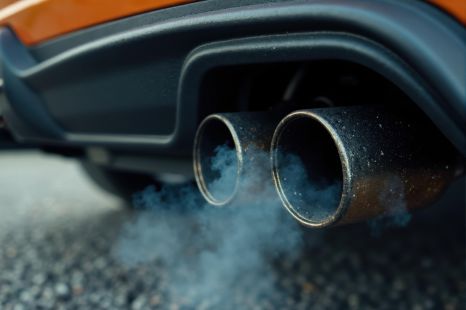

Damion Smy
16 Hours Ago
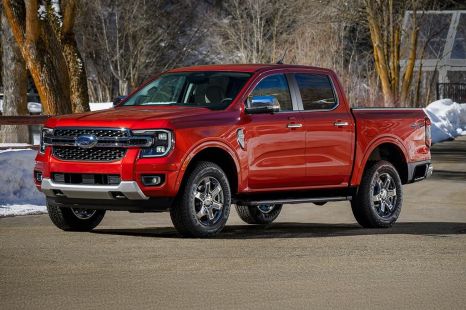

Damion Smy
17 Hours Ago
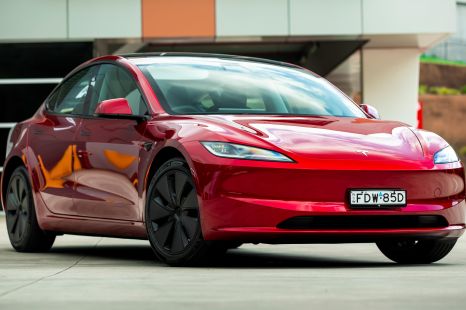

Damion Smy
19 Hours Ago
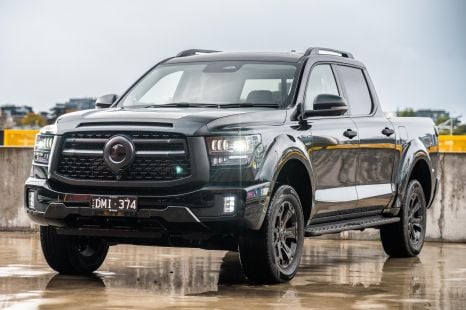

Damion Smy
20 Hours Ago